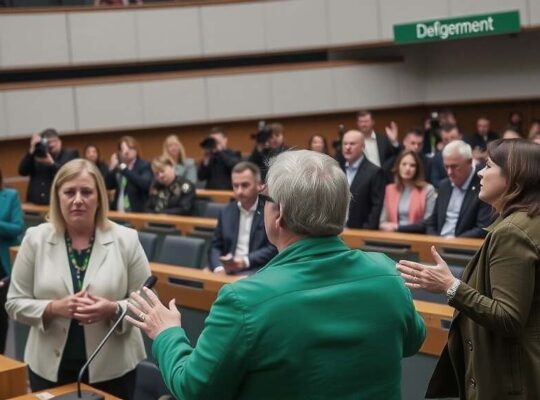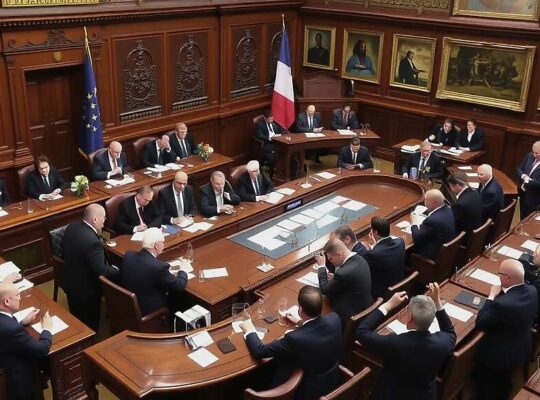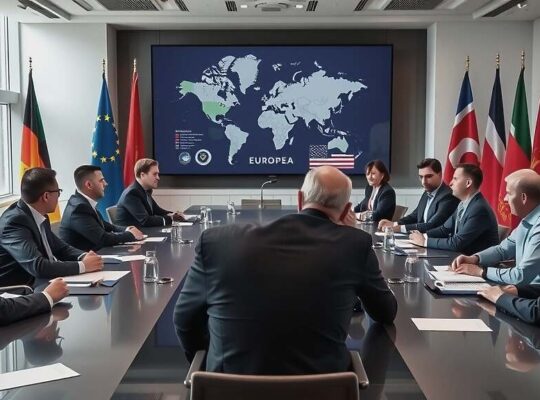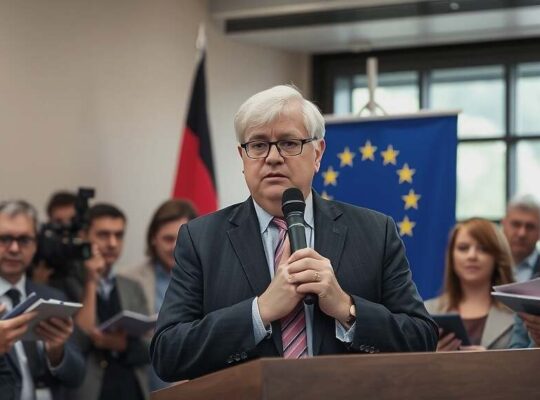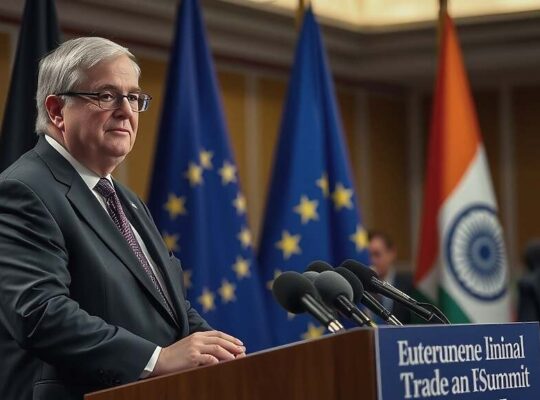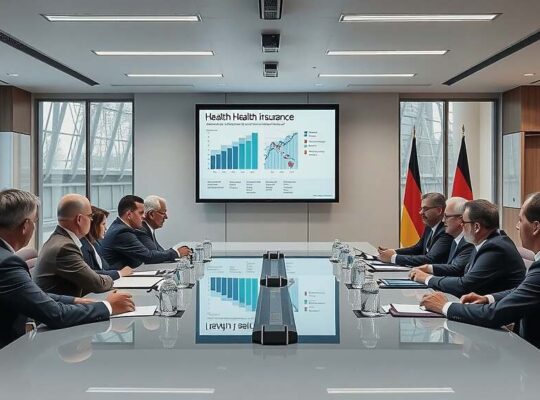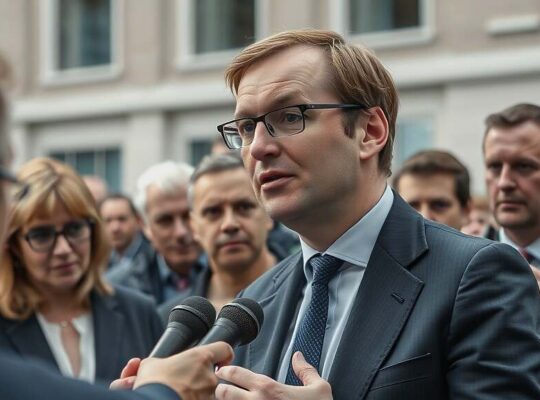The ongoing US government shutdown is generating unease within European economic circles, with leading economist Ulrike Malmendier warning of potential retaliatory tariffs and escalating trade tensions. Malmendier, a professor at Berkeley and advisor to the German government, argues that the crisis ironically creates a precarious situation for President Donald Trump, potentially incentivizing him to offset political deadlock through renewed tariffs.
Speaking to “Der Spiegel”, Malmendier suggested the shutdown diminishes Trump’s bandwidth for pursuing trade barriers while simultaneously denying him funds to compromise with the Democratic opposition. “What’s more natural for him than to generate revenue through new tariffs?” she questioned, highlighting the unpredictable nature of US trade policy. Trump’s recent threats against China further underscore the likelihood of continued trade conflict, forcing businesses to constantly reassess their economic calculations, particularly those operating within the United States.
Malmendier sharply criticized Europe’s response, urging policymakers to move beyond protracted planning and embrace decisive action. She emphasized that Europe has been presented with an unlikely opportunity: a chance to solidify its position as a bastion of legal certainty and stability amidst global volatility. To capitalize on this, Malmendier called for the swift completion of the single market, bolstering investment in both startups and established companies and easing immigration pathways to attract talent.
She acknowledged the difficulty of enacting meaningful change, stating that it requires “incredible force to get things moving”. However, she warned that inaction risks exacerbating the fallout from the US crisis and the evolving geopolitical landscape. “The last thing we need is more strategy and paperwork”. Instead, she advocated for a clear timetable outlining concrete actions, demanding specific deadlines for the five most crucial initiatives. Ultimately, she believes Europe must prioritize decisive action from willing nations to navigate the increasing uncertainty and assert its economic resilience.




